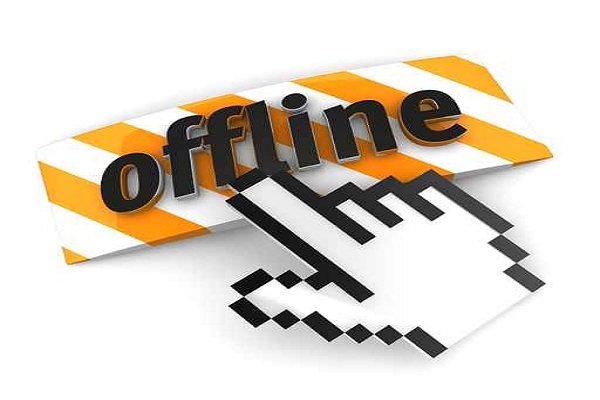Google and Microsoft search blocks won't halt spread of online child abuse, warn experts
Google and Microsoft have agreed to "clean up" search engine queries to make child abuse images harder to find.

Google and Microsoft have both agreed to make it harder for users of their respective search engines to find child abuse images online.
Both firms have agreed to tweak their search algorithms ahead of an online pornography summit at Downing Street later today, with Google claiming its efforts have "cleaned up" results for more than 100,000 child abuse-related queries.
Writing in the Daily Mail today, Google executive chairman Eric Schmidt said his firm has been working closely with law enforcers for years to stop paedophiles sharing illegal content online.
"We actively remove child sexual abuse imagery from our services and immediately report abuse to the authorities. This evidence is regularly used to prosecute and convict criminals," Schmidt stressed.
Google and Microsoft alone can't 'fix' the internet. Blocking search will deter some of the curious, but will ultimately drive criminals elsewhere.
"There's always more that can be done. We've listened, and in the last three months put more than 200 people to work developing new, state-of-the-art technology to tackle the problem."
The company said it has also started showing deterrent warnings at the top of its search results for 13,000 queries that remind users about unlawfulness of child abuse.
A similar system was introduced in the UK by Microsoft for its Bing search engine in July. It is designed to kick in when users attempt to search for terms blacklisted by the Child Exploitation and Online Protection Centre (CEOP).
Get the ITPro daily newsletter
Sign up today and you will receive a free copy of our Future Focus 2025 report - the leading guidance on AI, cybersecurity and other IT challenges as per 700+ senior executives
Furthermore, the search giant also talked up the work it does to electronically tag abusive and illegal images, which allows its systems to pick up whenever they are distributed elsewhere on the searchable web.
Schmidt also outlined Google's plans to send out its computer engineers on secondments to the Internet Watch Foundation (IWF) in the UK, and fund apprenticeship schemes, to help the organisation keep up with the proliferation of abusive content online.
Microsoft and Google's vow to clean up the internet has been warmly welcomed by the Prime Minister, and comes on the back of calls by the Government for tech firms to do more to remove offensive and illegal content from the web.
However, industry watchers have warned Microsoft and Google's efforts are likely to have little impact, as criminals often turn to the dark web to access and distribute child abuse images.
Christian Berg, CEO of Netclean, a company that develops technology used by law enforcement agencies and enterprises to track the online spread of child abuse content, explained in a statement to IT Pro: "It's great to see this collaboration between two of the giant of the technology world and, above all, the recognition that blocking this content is not just about URLs.
"However, Google and Microsoft alone can't 'fix' the internet. Blocking search will deter some of the curious, but will ultimately drive criminals elsewhere. The fact remains that the vast majority of this material is not found on the open, searchable internet, but on P2P, internet chat relays and anonymised networks," Berg added.
As a result, Berg said he'd like to see a more collaborative approach to tackling this problem, involving tech vendors, computer users and service providers.
"Everyone with computers, who operates a network, has a responsibility to help find victims and abusers, not merely block content. Regardless if it is Google, Microsoft, a private cloud storage service, a cafe offering Wi-Fi or a business with an internal network, everyone needs to take responsibility for their network and their machines," Berg said.
"The technology is there to allow everyone to make a difference. Let's make sure we're tackling the cause rather than masking the symptoms."
-
 Bigger salaries, more burnout: Is the CISO role in crisis?
Bigger salaries, more burnout: Is the CISO role in crisis?In-depth CISOs are more stressed than ever before – but why is this and what can be done?
By Kate O'Flaherty Published
-
 Cheap cyber crime kits can be bought on the dark web for less than $25
Cheap cyber crime kits can be bought on the dark web for less than $25News Research from NordVPN shows phishing kits are now widely available on the dark web and via messaging apps like Telegram, and are often selling for less than $25.
By Emma Woollacott Published